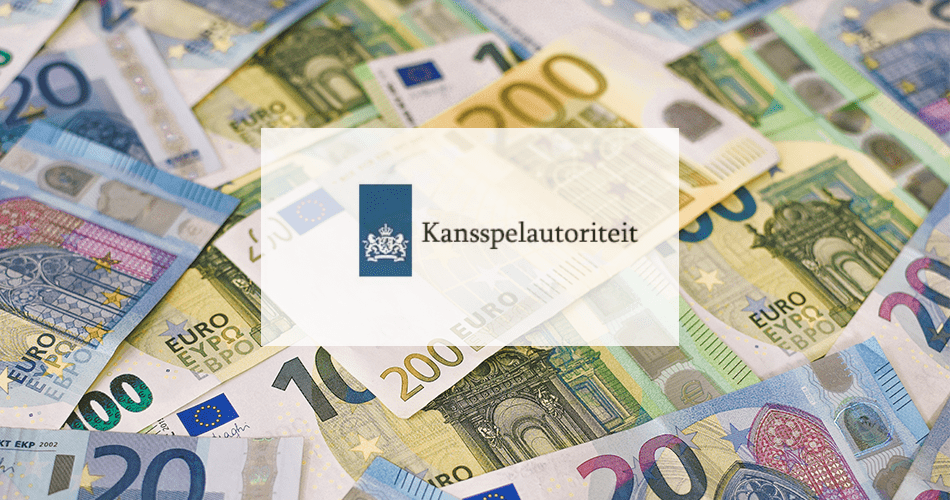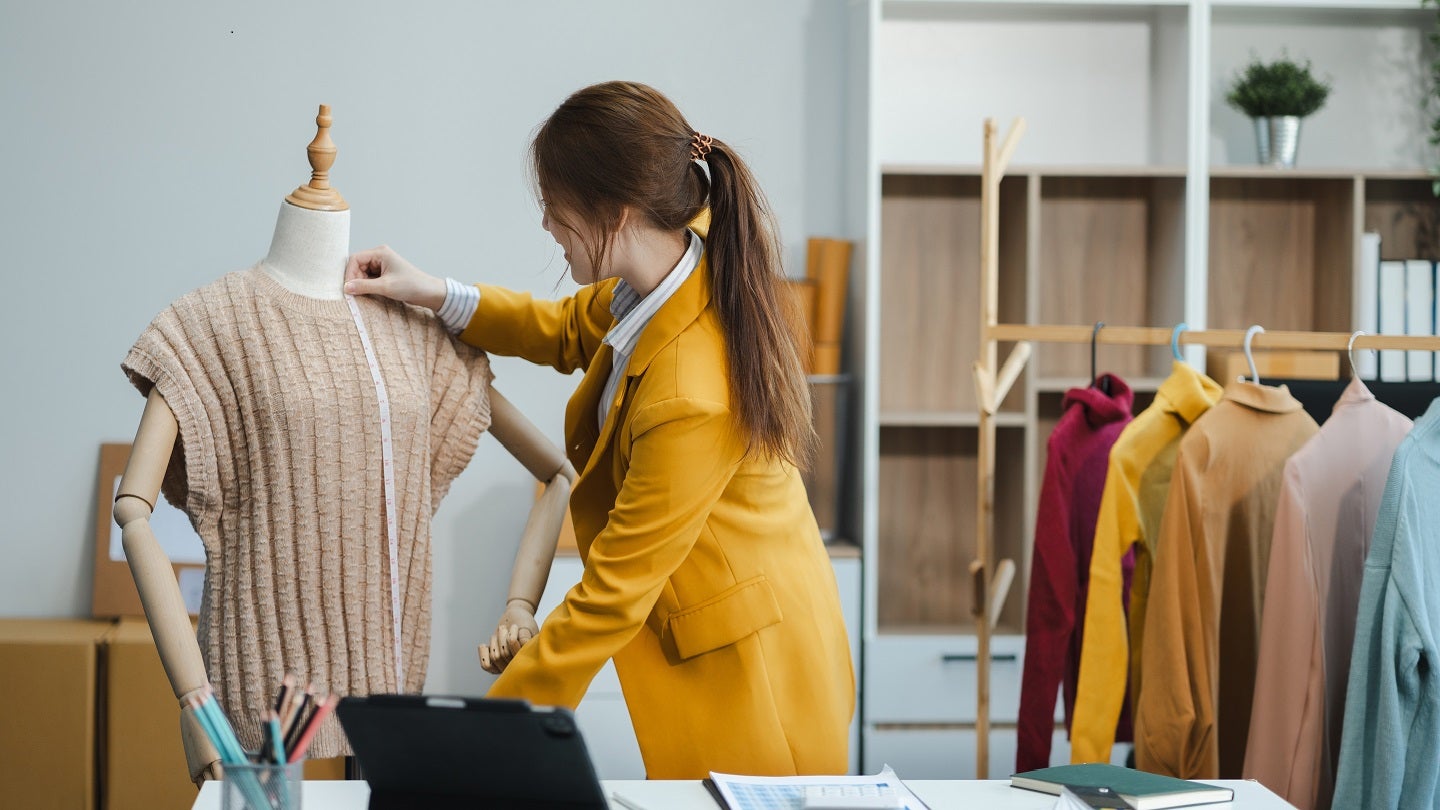Jobs
Bipartisan SHOP Act Targets Fake Goods Costing US Jobs and Revenue – Inside Sources – Prescott eNews

Alysa Erichs of USA-IT examines a knock-off backpack during a presentation of counterfeit goods in Washington, DC.
A bipartisan group of U.S. senators has proposed a resolution declaring July “National Anti-Counterfeiting and Consumer Education Awareness Month.” But at least one industry organization says the sale of black market goods is a serious economic threat that needs more than words.
The resolution from legislators including Sens. Chris Coons (D-Del.), Chuck Grassley (R-Iowa), Thom Tillis (R-N.C.) and Mazie Hirono (D-Hawaii) is meant to raise awareness of “the economic value of trademarks and their role in protecting consumers” across the nation.
How big is the counterfeit problem? In 2020, the fashion industry alone lost more than $50 billion in potential sales due to knock offs. And that means lost American jobs and lost American wages, says Jennifer Hanks at American Apparel and Footwear Association (AAFA).
“We applaud the bipartisan Congressional Resolution naming July anticounterfeiting awareness month; however, we also need action,” Hanks told InsideSources. She wants to see passage of the SHOP SAFE Act, adding that it would keep dangerous counterfeit products from being sold online.
The Stopping Harmful Offers on Platforms by Screening Against Fakes in E-commerce (SAFE) Act aims to establish trademark infringement liability for e-commerce platforms when a third party sells a counterfeit product that authorities believe poses a risk to consumers’ health and safety and that platform has not implemented what government deems “certain best practices.”
“The SHOP SAFE Act is the most preventative and proactive tool to help rectify the damages caused by the digital devalue chain of counterfeits,” Hanks said.
Currently, brick-and-mortar retailers are held liable for the sale of counterfeit goods, while Coons’ office said platforms allowing third-party sellers and their harmful counterfeit products are often not liable.
The SHOP SAFE Act would also require brand owners give platforms advanced notice of their mark(s) and how best to contact the owners to install measures that prevent sales of fake items.
And the word “safe” isn’t just a slogan, according to UL Standards and Engagement.
“Fake goods are made quickly and cheaply, using materials that may be toxic, dumping production waste into waterways, and creating a product that is likely to end up in consumers’ trash in short order,” according to a report the consumer safety organization released in September of last year.
“At UL Standards & Engagement, the cost of counterfeits we’re most concerned with is safety. Fake goods mortgage our safety, resulting in more than 70 deaths and 350,000 serious injuries annually.”
Meanwhile, SHOP SAFE would provide what senators call “a safe harbor from liability” for platforms that vet sellers to ensure they are legit, remove listings of phony items, and remove any sellers found to be repeatedly selling counterfeit items.
“SHOP SAFE will close loopholes in current online practices and help ensure that platforms are selling authentic goods to consumers,” said Hanks, AAFA Senior Director of Brand Protection.
Counterfeiting involves far more than footwear, apparel, and toys, industry officials say. Counterfeits are widely found in electronics, health and beauty products, and medicines, hence the concerns about health and safety. In some cases, the people pushing fake goods are part of larger criminal enterprises that also involve drugs, human trafficking, even terrorism.
Alysa Erichs of United to Safeguard America from Illegal Trade (USA-IT) has been fighting this crossover between counterfeiting and criminal gangs for years. She previously served as executive associate director of Federal Homeland Security Investigations.
“Law enforcement has its challenge ahead of them,” Erichs told InsideSources. “They partner with the private sector and e-commerce platforms to be able to identify these bad actors, but criminals are always savvy, and sometimes, when we finally catch up with their means and methods, they come up with a new means and methods for us to figure out.”









